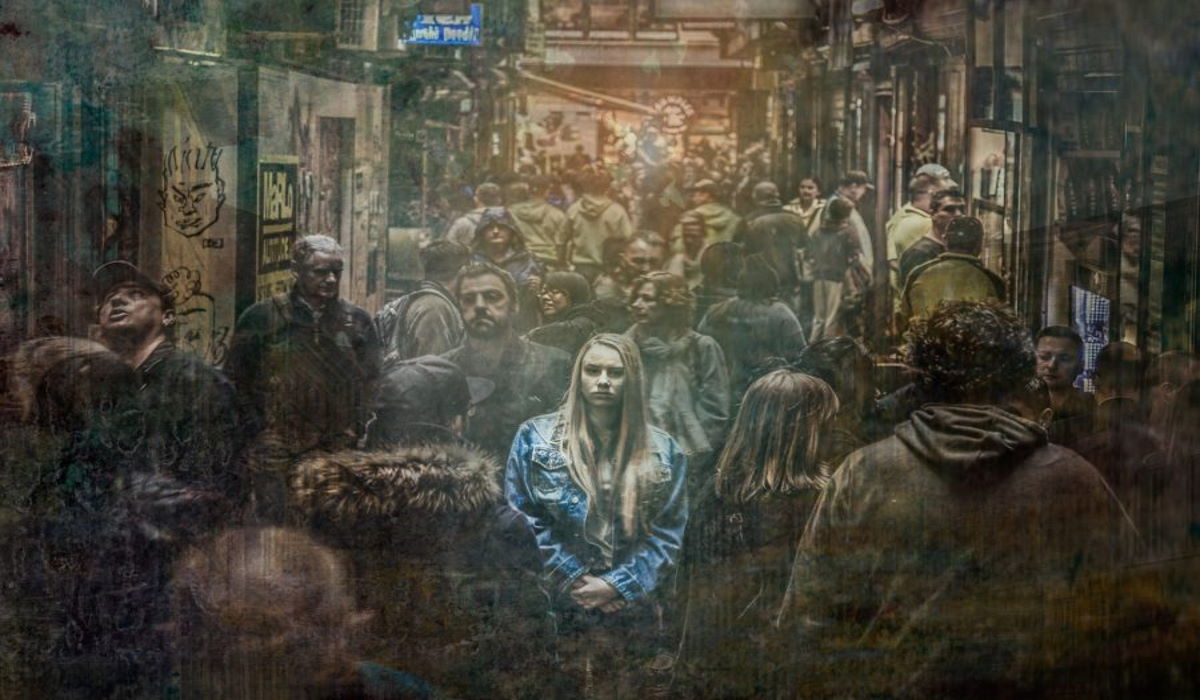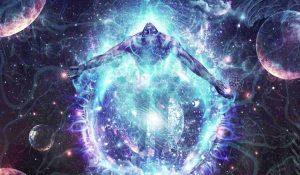Spirituality in the West has been seriously distorted; being a market for trinkets, service gurus, healers, a wide variety of spiritual practices, substances, etc.
In a way, this culture has taken something very pure and simple and transformed it into something commercial, something competitive, and something that it isn’t. Our western mind is molded into wanting to achieve something, and some people on the spiritual path have spent their entire lives trying to reach, only to be as stuck and bound as they ever were.
It is this very desire to reach something, this desire to reach a “higher state of consciousness”, which is what keeps people connected and seeking. By definition, to be a seeker, you have not yet sought, and therefore those who are seeking all the time cannot find.
One of the great Tibetan Buddhists Chogyam Trungpa Rinpoche who played a crucial role in bringing Buddhist teachings to the West during the Chinese occupation has this summary to say about awakening/meditation/enlightenment in meditation in action:
“Meditation is based on three fundamental factors: first, not centralizing inward; second, not wanting to get higher, and third, to fully identify with the here and now.”
So, in the context of the rest of the chapter in which it is found, it refers to our ego, or our idea of who we are, the “me”, the “I”, has no solidity and does not support the belief that it exists.
He denounces the effort to become better or superior because pure consciousness cannot be increased or decreased. Nothing about healing, nothing about crystals or chakras or ascension, or needing to strive or take certain substances, just to be.
Enlightenment:
This is a word that has so many connotations and ideas surrounding it. In Western culture, it is generally thought to be something that one reaches after perhaps 3 or 4 decades of meditating in a cave, but the more I read and the more I travel, the less it seems that this word aims to reach higher states or personal achievements.
“Strictly speaking, there are no enlightened people, only enlightened activity.”
This was said by the great Zen master Shunryu Suzuki and I can see how it exactly matches what Ram Dass’s Hindi guru Maharaji said to him when asked how to become enlightened. He replied, “Love everyone, feed everyone, serve everyone.” How simple. But in today’s crazy world, do you know someone who really does this?
Enlightenment seems to refer to the realization of our true being, what we really are. This is why all of the spiritual teachers I have met, from Tibetan Buddhism to Zen to Advaita Vedanta and the Upanishads, generally call it “self-realization” rather than “enlightenment”. Discovering that we are not our thinking mind, we are not our body, we are not our emotions, feelings, desires or aversions; that we are aware of all of these things, not intrinsically them.
They use words like conscience, awareness, God, the nature of Buddha, emptiness, etc. It is essentially awareness being aware of itself, and since each of us is already this consciousness, we are all already “there”, but we are identified with the things of which we are aware (body and mind ) and we limited ourselves by doing so, making it the cause of all the suffering in the world.
We are used to focusing on outward appearances; our body, our intellect, our differences, our beliefs, but the more we turn our attention inward towards our own inner functioning and this consciousness which is always there, we find a depth of our being which is almost terribly deep.
So it’s not something we can achieve, something the Western mind has a hard time understanding, because it’s so conditioned to reach it. It always wants to unite others, to be on a pedestal, to be seen, to be higher, but it is this very egocentric behavior that keeps people bound.
This is why whoever refers to himself as being enlightened, you can be assured that he is not; and generally, when you ask the great spiritual masters if they are, they dodge the question.
Recommended: The Dark Side of Being Full of Light.
Chogyam Trungpa Rinpoche once said in one of his lectures “So, you are enlightened, what now?” He didn’t care how the Western world wanted to achieve and become a better person, but practically in everyday life, what does this mean for us? Do we lock ourselves in a dark room meditating all day? Are we walking with our chest puffed out, our groupies, and our inflated ego?
This is where for me it comes back to what Maharaji said. If we act from the place of this awareness that we are all the same essence just with our different masks, then we will treat others as ourselves, making the differences irrelevant and the notion of “other” as inevitably irrelevant.
“Wherever I go, I find myself”
~ Shunryu Suzuki
Surrender:
The underlying current of most sages and mystics on spirituality is that of surrender; by giving yourself completely to the whole, to help and heal those who need it, and give up all desire to advance our own career/bank account/self-image. We can help so many people, if we break the social norm of progress and work, and stop caring as much about what others think of us.
There are most likely people who live on our own street who are struggling with bills, food, money, TLC and there are the elderly who could benefit from our youth, the poor who could benefit from our generosity, the lonely who could benefit from our warmth. Does any of these troubled people really care about the ability to meditate?
It is very easy to catch up with the spiritual etiquette and use it as a concept, an identity, rather than a way of being. It is very easy to get attached to the idea of being spiritual and to identify oneself as one of the many labels of the “indigo child” to the “lightworker”, which separates us only under another form of our fellow men, for it is a means of raising our self to be of so-called higher and special moral foundation.
Being spiritual does not mean continually working on ourselves in meditation and yoga. That’s the whole point; service to others, ending suffering and separateness in other beings. Give and share without reciprocity or recognition.
If a hand feeds a mouth, is it important to know who it belongs to? The best way to soften the ego, to surrender, and to be free from attraction and aversion is to serve others. Do not worry about gaining all of these incredible experiences, communicating with angels, seeing in different dimensions, or elevating yourself on the meditation pedestal. Surrender and serve others.
Read Also: 11 Traps that Can Ruin Your Spiritual Growth.







